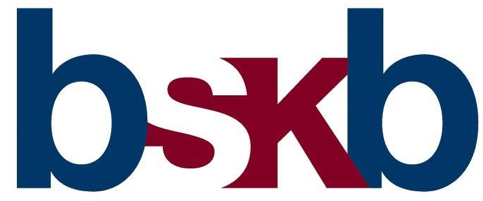CAFC Decides Limelight Remand from U.S. Supreme Court
IP Frontline
On May 13, 2015, the CAFC handed down their decision in the Limelight remand. CAFC Case No. 2009-1372. The court found that Limelight was not guilty of direct infringement because Limelight and its customers were not acting as a single entity, nor was there a contractual relationship between Limelight and its customers. A full understanding of the CAFC decision in Limelight requires a review of the procedural history of the case.
Akamai is the exclusive licensee of a patent directed to a method of delivering electronic data using a “content delivery network” (“CDN”). The final step of the claims is “tagging” step. Limelight operates a CDN and carries out all of the recited steps of the claimed method, except the tagging step, which Limelight requires be done by the end user customer. Limelight provides an instruction manual to its customers instructing them how to perform the tagging step. The U.S. District Court for the District of Massachusetts originally held in 2006 that Limelight was liable for direct infringement. However, shortly after the initial jury verdict the CAFC held in Muniauction Inc. v. Thomson Corp., 232 F. 3d 1318 (2008), that for there to be direct infringement under 35 U.S.C.§271(a) a single party must be responsible (either themselves or through the control of a third party), for the complete infringement of the claimed invention.
Read the rest of the article here.
